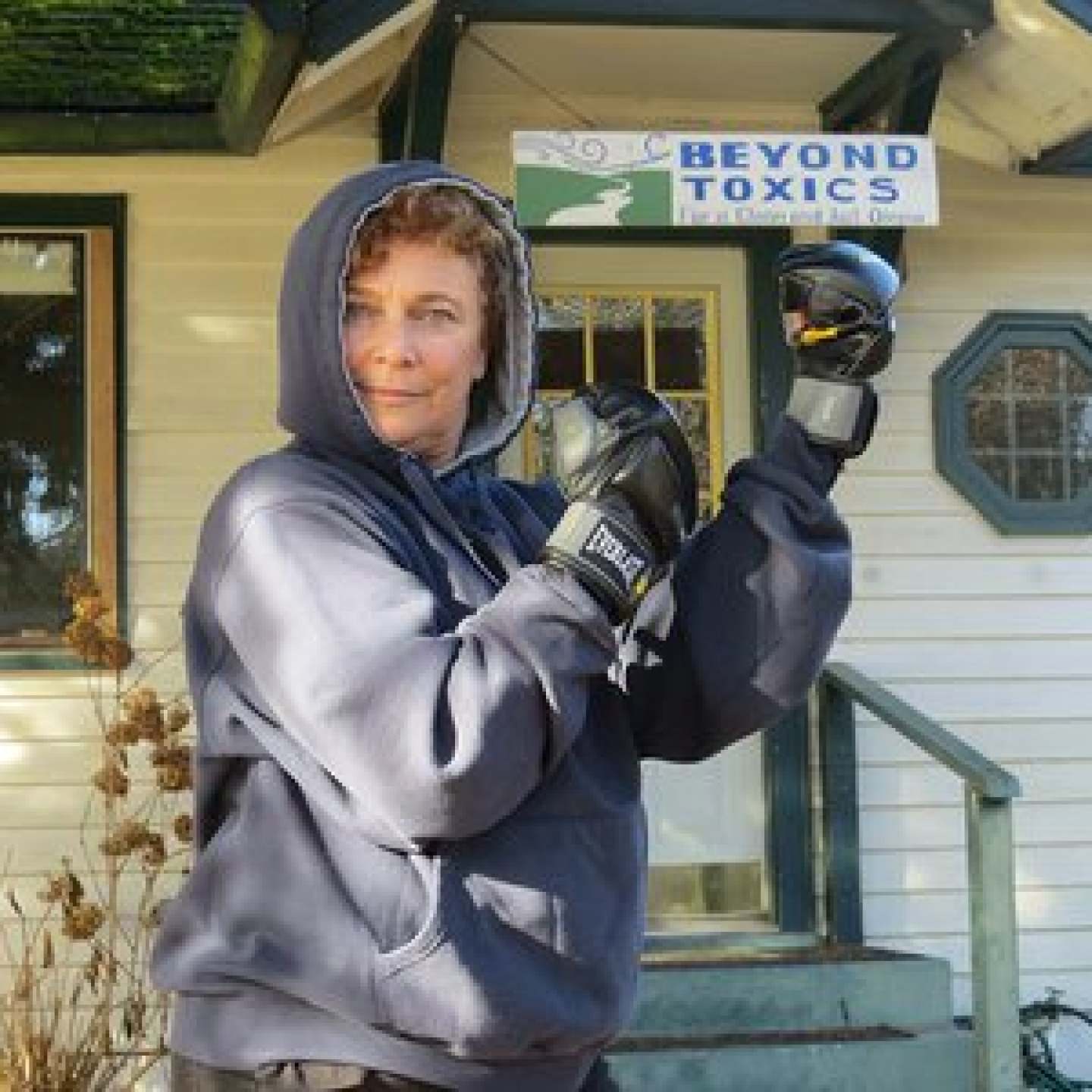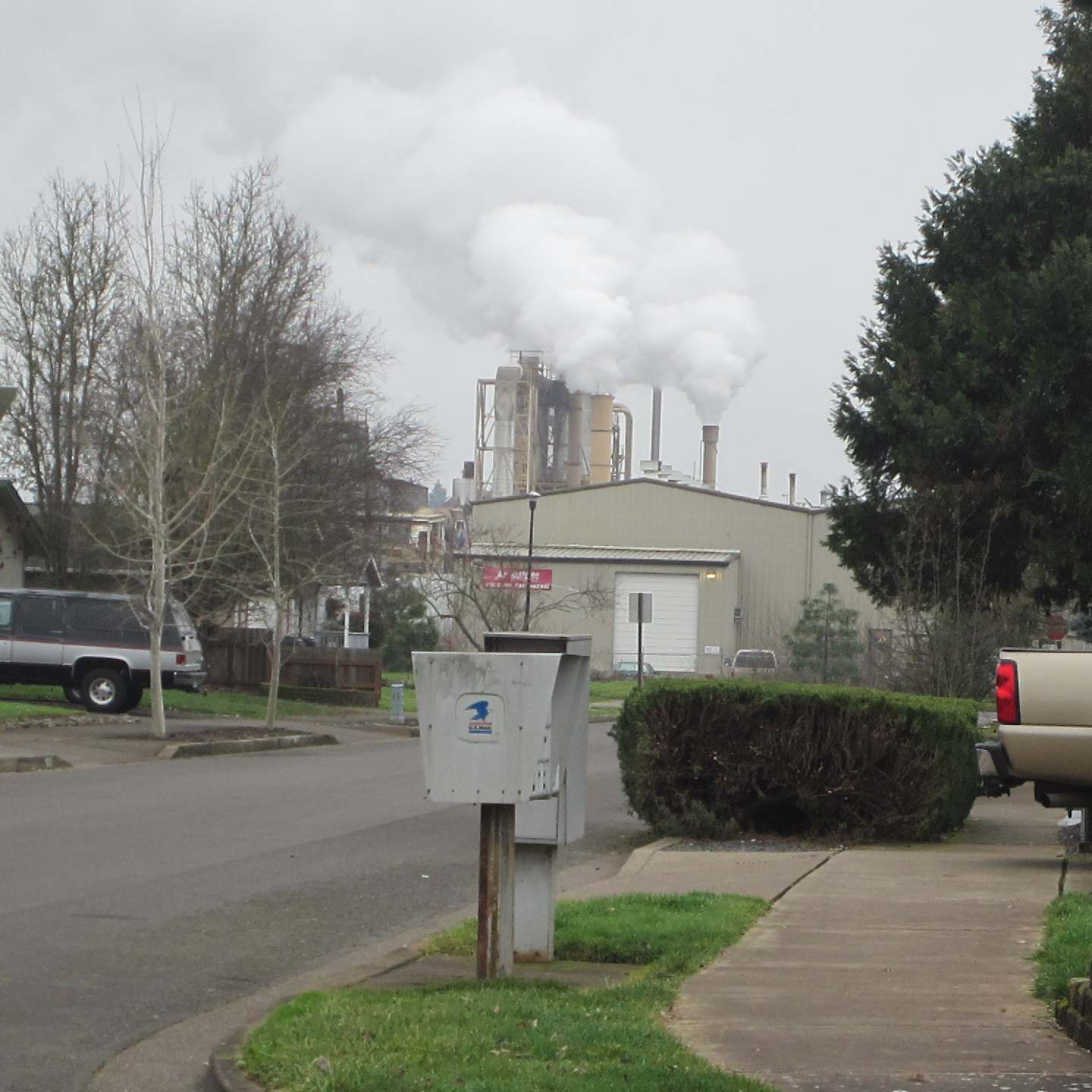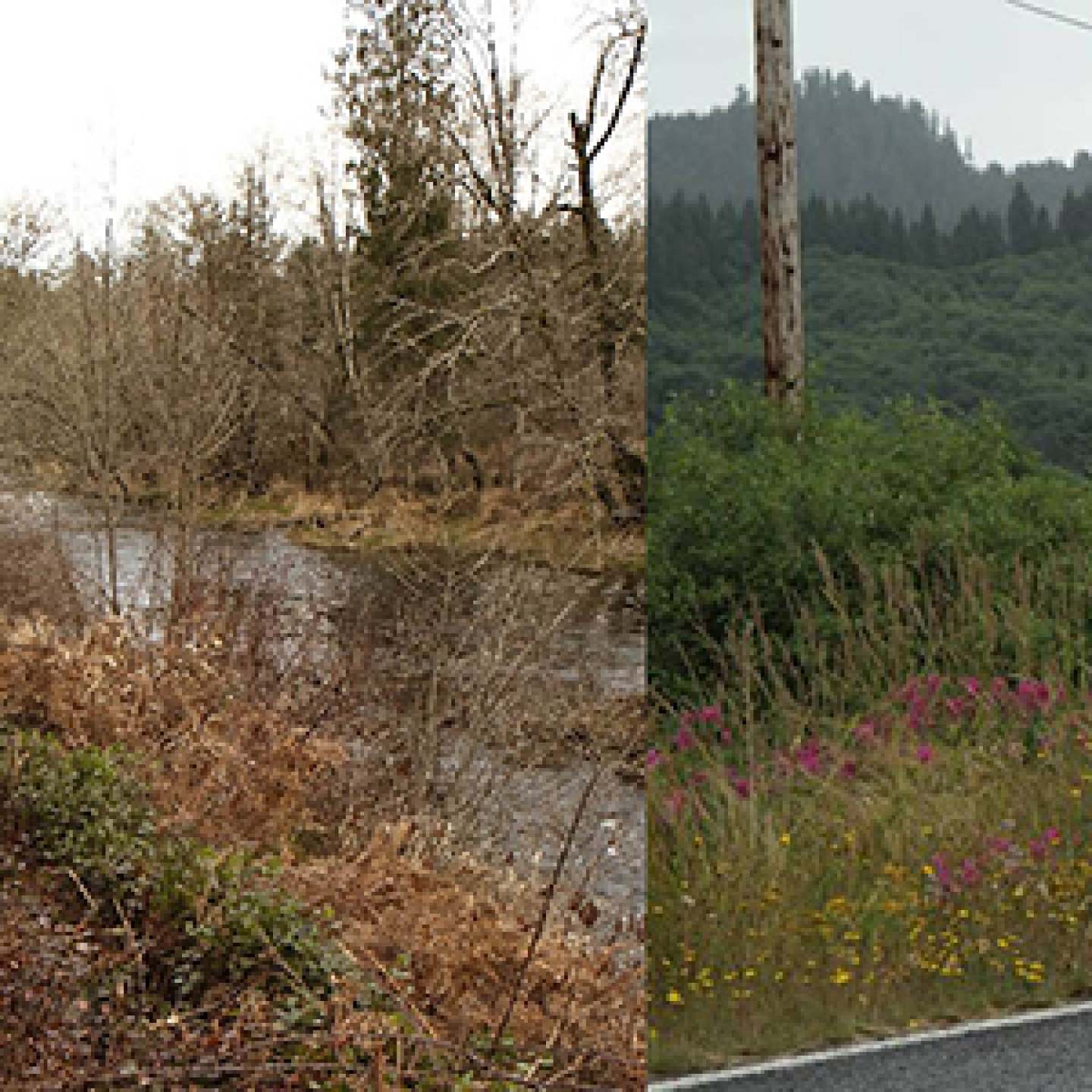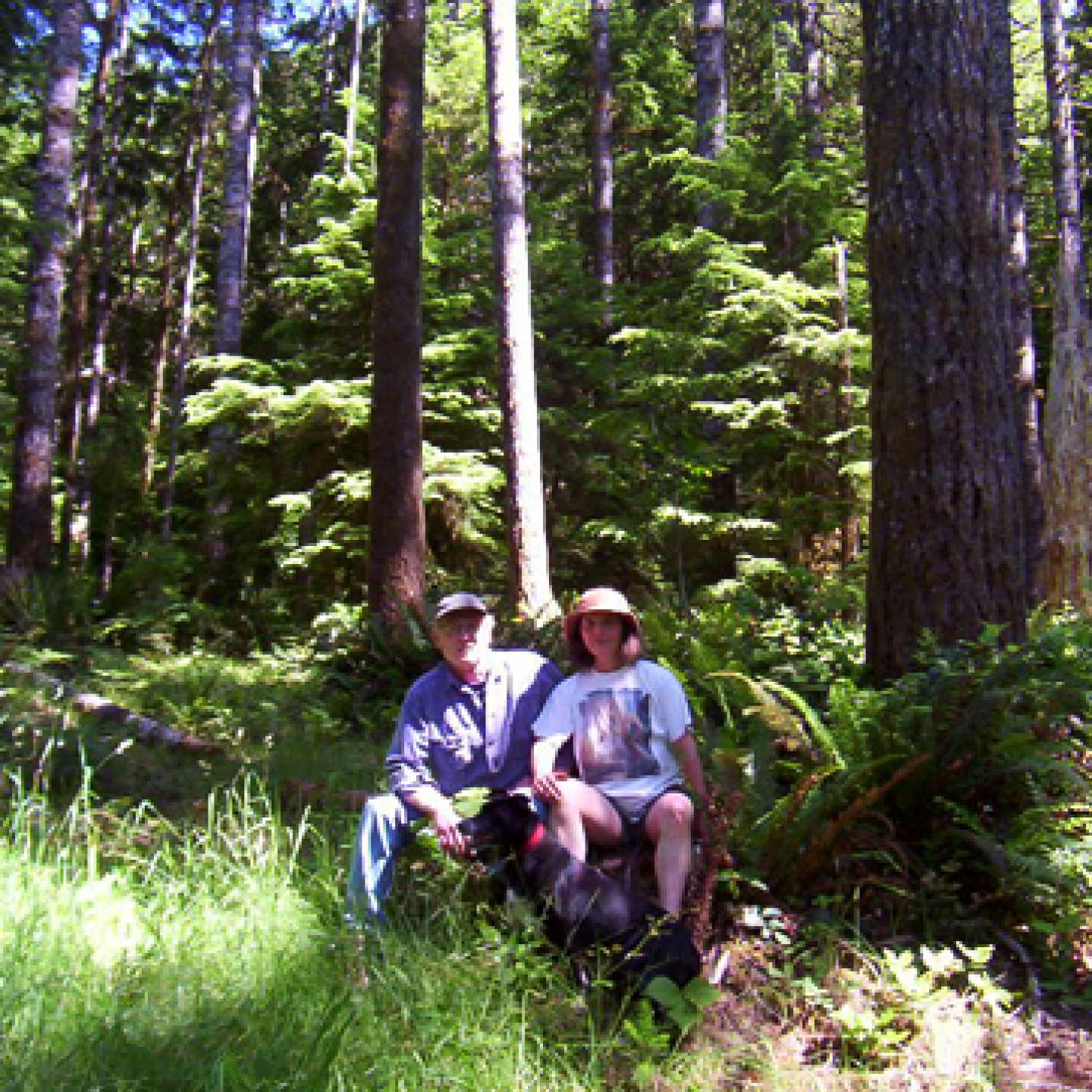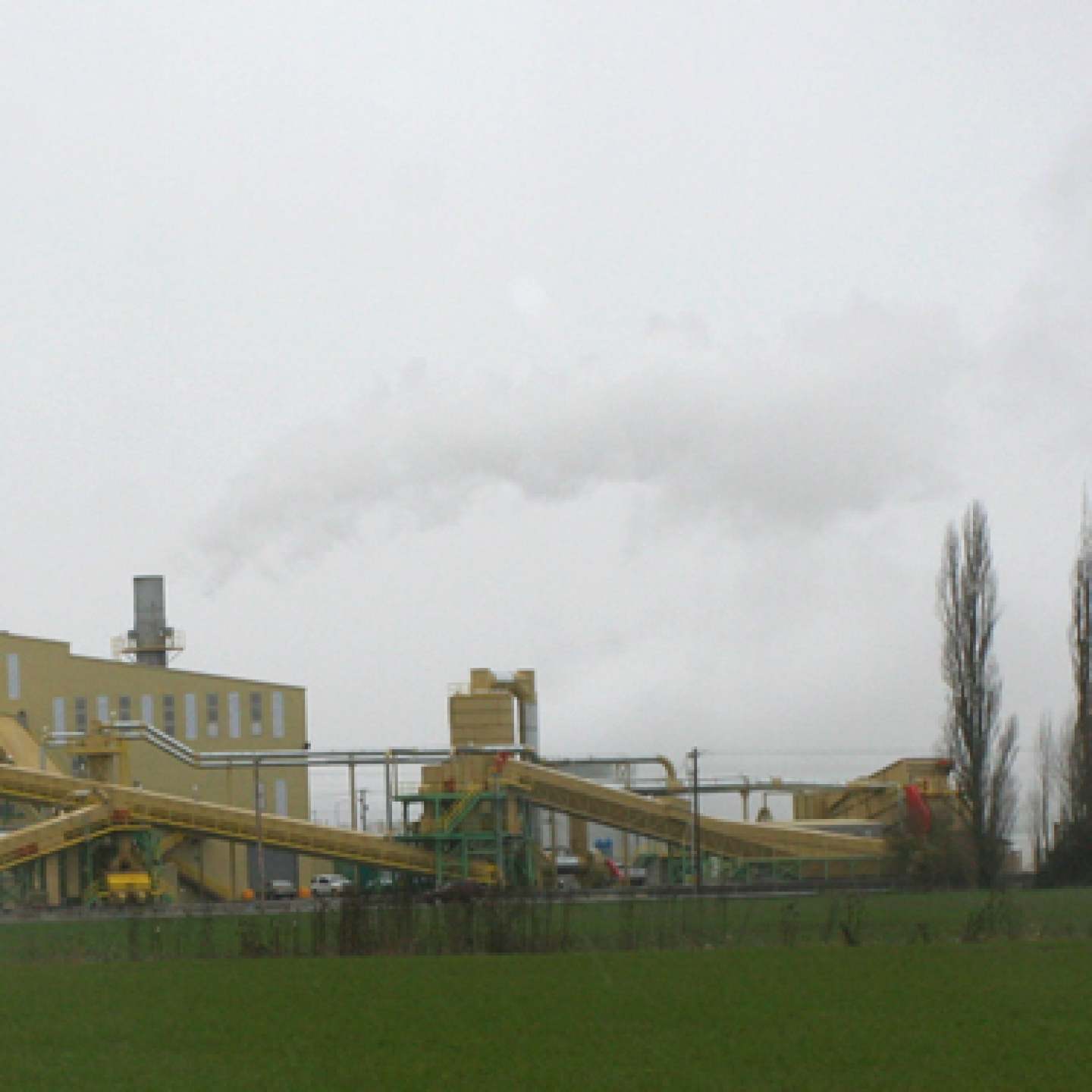Healthy air should be a basic right, but all over the world, people face exposure to toxins that remain unregulated…
Beyond Toxics Speaks Truth to Timber's Tall Tales
The Register Guard published a Nov. 30 guest viewpoint written by former Lane County Commissioner, Anna Morrison, who no longer…
Air Toxics are Unreported, thus Unaccounted
Portland Clean Air is releasing today a new report calling into question the validity of Oregon’s air permitting system. The…
Regulating air for community health - a new concept in Oregon?
Governor Kate Brown initiated the Cleaner Air Oregon campaign after state agencies discovered that glass makers were the source of…
Crow Feather Farm
Beyond Toxics is publicizing local gardens friendly to our increasingly fragile population of pollinators. In this blog we visit Jessica…
“Herbicides as a Last Resort” – A County Policy Ignored, Never Defined and Never Implemented
Beyond Toxics was one of the members of a Lane County Roadside Integrated Vegetation Management Plan Stakeholders group. The IVMP…
We Need Resilient Forests
Recently, I had lunch in the employee cafeteria of an international corporation based in Lane County. I was somewhat amazed,…
Oregon needs local toxics-reporting laws
It's important to know when you're being poisoned by industrial toxic discharges, whether to air, water or land. Some would…
Timber's fallen: Efforts show promise for working conditions in Oregon forestry
This is Part III of a three-part series on the working conditions and treatment of Oregon's immigrant forestry workers.
Eugene struck out with Seneca deal
It’s the bottom of the ninth, and Lane County citizens are down 0-3. From our seats in the nosebleed section…

